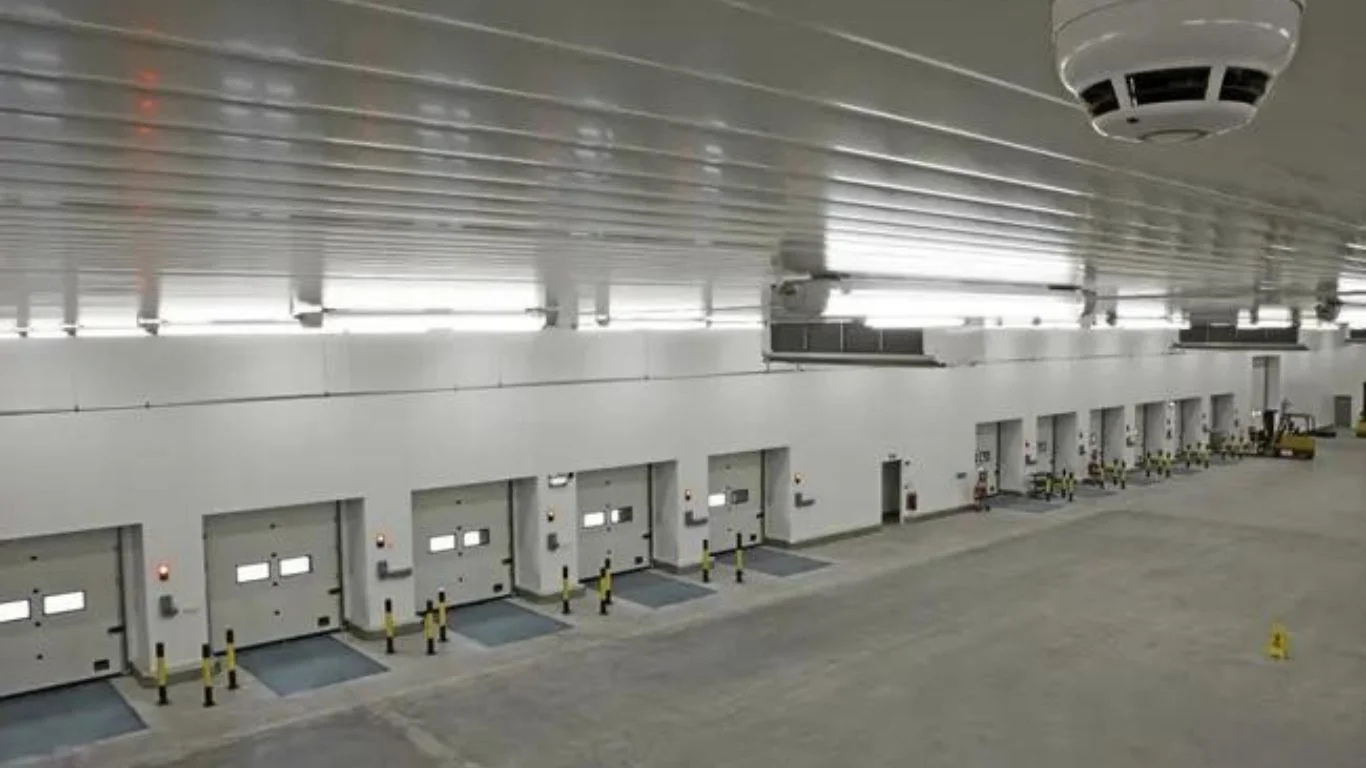Efficient and rapid delivery of perishable items such as fruits and vegetables is of utmost importance in the food industry. Hence, to keep up with demand many farmers look for alternative methods to ripen their produce than the traditional method of fruit ripening.
India, being the leader in both banana and mango production is now adopting several methods for efficient ripening of these fruits. This production is the result of various new farming techniques such as dense plantations, improved irrigation facilities and use of tissue cultured seeds.
Quicker than traditional ripening
Earlier, the traditional ripening of fruits such as mangoes and bananas took up to 5-6 days but due to the use of multipurpose ripening chambers, this time has been drastically reduced to periods that range from 12 to 24 hours. This makes these chambers extremely useful for farmers and traders. People can now even ripen fruits such as bananas and mangoes in the non-harvesting season as well. This leads to more business and in return more profit for both farmers and the traders.
The fruits placed inside these ripening chambers are kept in airtight environments with the chamber filled to two-thirds of the capacity. The rest one-third is left unoccupied to let the air circulation takes place inside the chamber for the necessary ripening to take place.
Safer than chemicals
These chambers are safer than the previously used chemicals which are detrimental and in some cases deadly for the consumers. Use of chemicals like carbide is also kept in check with the use of ripening chambers. Also, ripening chambers help save farmers from risks that include spillage of the fruits, dust, breakage, under-over ripening and quality degradation.
Also, people who buy fruits expect quality products which are sometimes equated to spotless fruits. Hence, to cater the demands of the market, fruits ripened in ripening chambers are much more presentable than their traditional counterparts. This is also an added advantage of controlled ripening.











